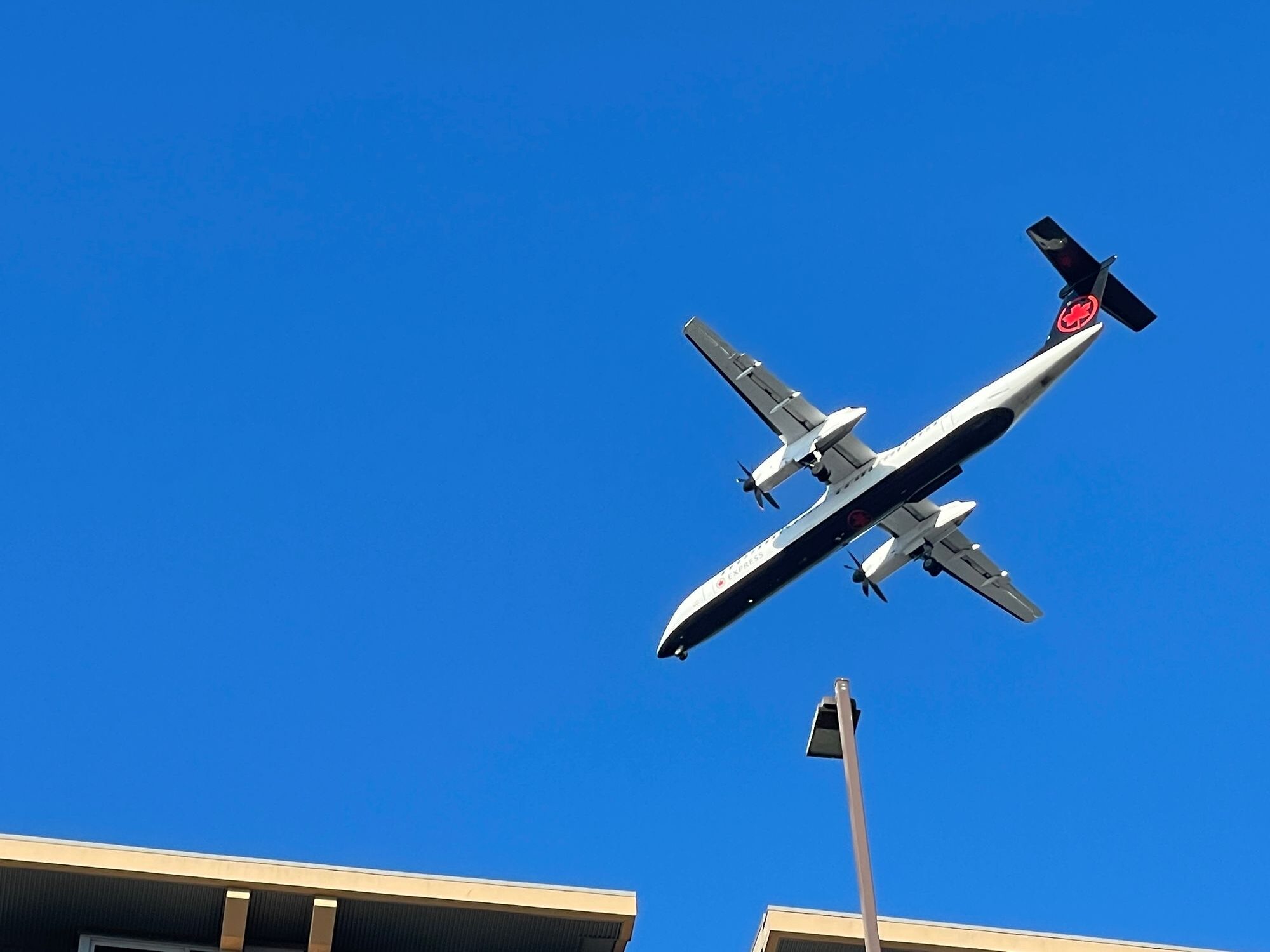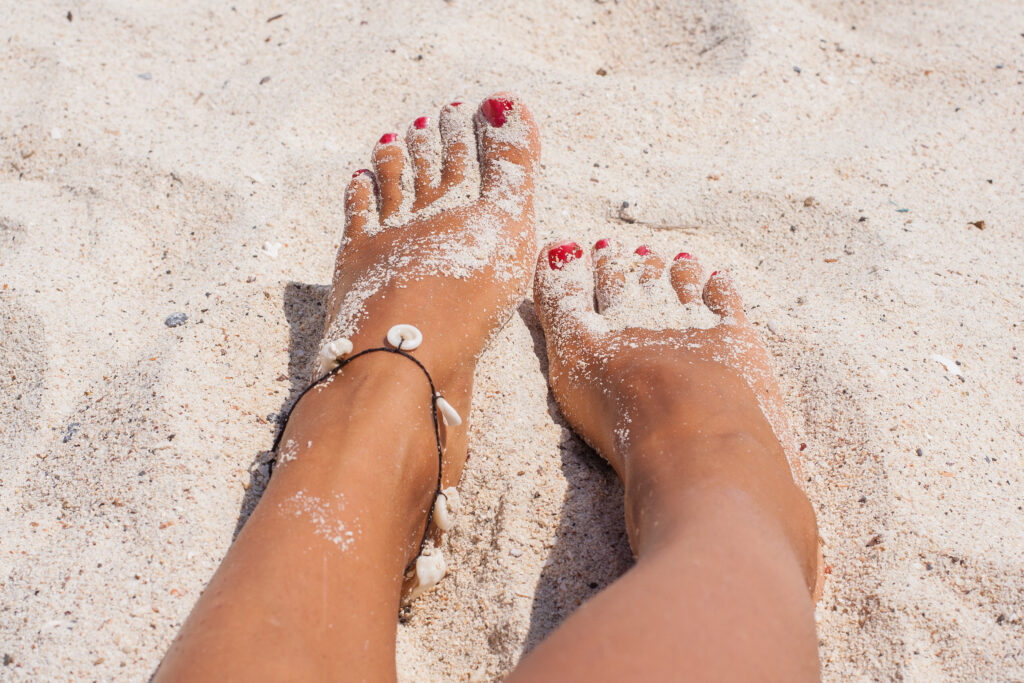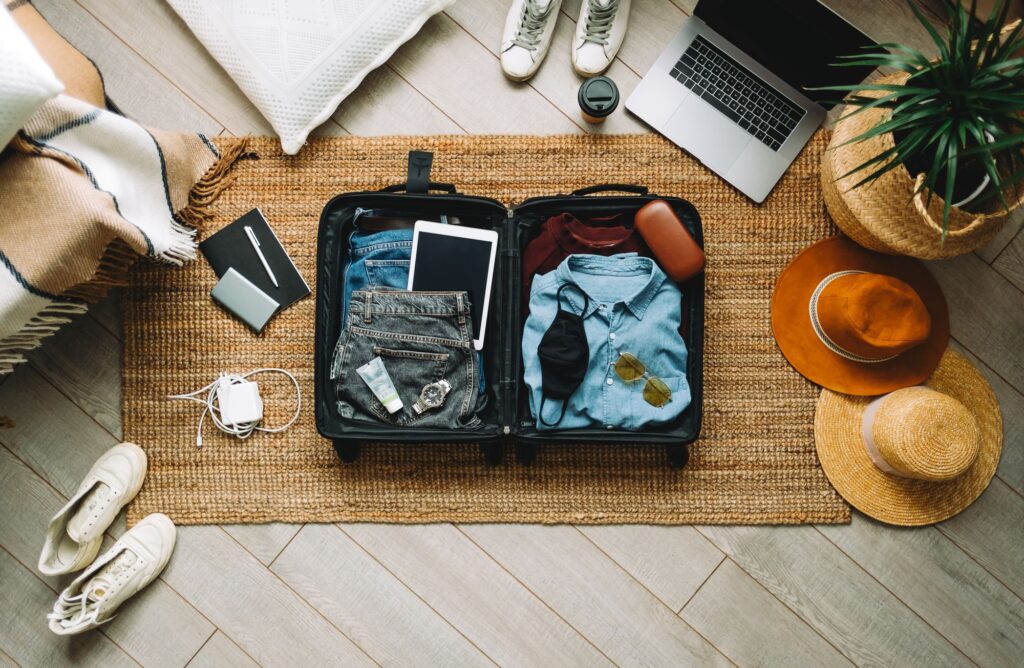We don’t know about you, but our summer vacation mode is activated! We’re taking trips, going on adventures and crossing time zones, which is all exciting, but if we’re being real, the jet lag can be a downer. If you’ve flown to a faraway place, you’ll know what we’re talking about. It’s like an internal confusion that messes with your body’s functions, creating discomfort during your travels. But it doesn’t have to be that way! With the following tips, you’ll not only be able to cope with jet lag, you’ll have a freakin’ blast on your holiday.

What is Jet Lag?
Simply put, jet lag is a temporary sleep problem that occurs when one travels across multiple time zones. In the days after travelling at least two zones, your body’s internal clock, A.K.A. circadian rhythm, falls out of sync and disrupts normal functions such as sleep, digestion, and cognition. Symptoms tend to be worse and last longer the further you travel, the older you are, and especially if you fly east because it runs in opposition to the body clock.
How Does Jet Lag Affect the Body?
While jet lag doesn’t affect everyone the same way, trip itinerary and individual factors can impact the severity.
Symptoms typically include:
- Headaches
- Fatigue
- Insomnia
- Drowsiness
- Impaired mental and/or physical performance
- Mood swings
- General malaise
- Gastrointestinal issues
- Loss of appetite

How Long Does Jet Lag Last?
Usually, it takes a day to recover for each time zone crossed, but there are a few ways to make the transition to your new schedule smoother, quicker, and with fewer symptoms. Your body is a powerful force and will adjust on its own, but if you’re on a short trip or have a jam-packed itinerary, these tips will come in handy.
6 Tips to Cope with Jet Lag
Since it isn’t permanent, there isn’t a one-size-fits-all cure for the condition, and there is no evidence that popular strategies such as fasting will help. If you’re travelling frequently, you might want to engage your doctor for assistance, but overall, it’s just about dealing with the symptoms and getting through them.
Here’s how you can reduce the impact of jet lag:
- Prepare for your trip: Get plenty of rest before you go and start adjusting your sleep schedule a few days ahead of time. Going east? Hit the hay earlier. Heading west? Stay up a bit later. If you can, arrive a few days early to help your body get used to the new time zone before any big events. Planning ahead to manage stress can also help keep jet lag at bay.
- Adapt to the new time zone: As soon as you land, set your watch to the local time and try to follow the local eating and drinking schedule. Manage your light exposure on the plane to sync your internal clock with your destination. Use an eye mask to block light when it’s nighttime at your destination and get as much light as possible during the day. Stay awake on the plane for eastbound flights to save your sleep for an earlier bedtime upon arrival. For westbound flights, catch some Z’s on the plane to help you stay awake later.
- Work with light exposure: Jet lag messes with your body clock because of changes in light exposure. Combat this by getting outside in the sunshine to wake up your body and reduce melatonin levels. If you’re travelling east, get morning light to wake up earlier. If you’re heading west, soak up evening light to stay up later. You might want to incorporate light therapy devices to aid this process (check out our light therapy solutions here!). Gradually increase light exposure when you arrive, and avoid it at the wrong times by dimming indoor lights, limiting screen time, or wearing sunglasses.
- Manage your sleep schedule: If you didn’t adjust your sleep schedule before your trip, do it when you arrive. Naps can help with daytime sleepiness, but keep them short (less than 30 minutes) and avoid napping too close to bedtime. Consider taking melatonin, a natural sleep hormone, to adjust your sleep schedule. 0.5 to 5 mg at the right time can help realign your body clock. Consult your doctor before using sleep aids, as they may have side effects and don’t fix the root cause of jet lag.
- Nourish your body: Stay hydrated before, during, and after your flight, even if it means more bathroom breaks. Drinking water eases jet lag symptoms and travel fatigue. Eat a balanced diet with lots of fruits and veggies, and avoid sugary foods to prevent energy crashes. Limit caffeine and alcohol, as they can mess with your sleep-wake cycle and reduce sleep quality. Moderate caffeine can help keep you alert during the day but don’t overdo it, or it might keep you up at night.
- Ground yourself: Lastly, our favourite—grounding! This involves making direct contact between your bare feet and the ground, allowing you to connect with Earth’s energy. The Earth’s surface electrical potential shifts with the sun and moon, influencing cycles like the circadian rhythm. By grounding yourself after long flights, you effectively reset your internal clock to the local time, helping to combat jet lag. Additionally, grounding helps rid the static charge accumulated during flights, restoring energy levels. Walk barefoot on wet sand or grass, and make sure to pack your ground therapy patches for grounding on the go!

Safe Travels, Jet-Setters!
Jet lag can be a pesky side effect, but the good news is it’s temporary! While there’s no magic cure to prevent it, you can make adjustments to handle the repercussions like a pro. Depending on how far you have travelled, you should be back to normal within a few days. However, if your jet lag symptoms persist beyond a couple of weeks, consult your doctor. Whether travelling solo or with your kiddos, a little preparation and strategy can make your trip smooth and enjoyable.
